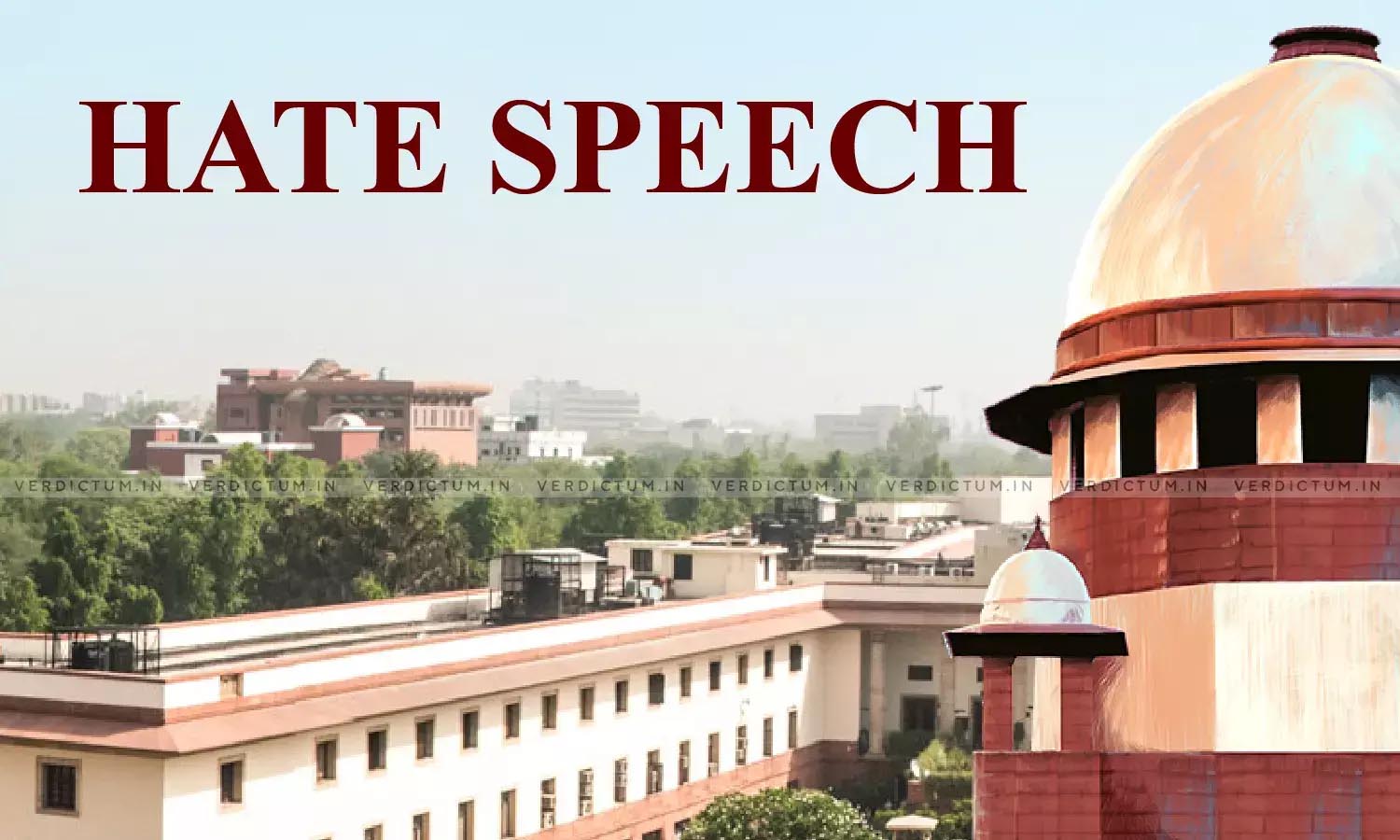The Deputy Secretary of the Ministry of Home Affairs has filed an affidavit in the Supreme Court for the Union of India informing the court about the appointments of Nodal officers in 28 States and Union Territories for devising a strategy to tackle lynching and mob violence following hate speech incidents in the country.
The affidavit has been filed in compliance with the Apex Court’s directions in the judgment dated July 17, 2018 titled Tehseen Poonawalla v. Union of India Ors. Writ Petition (Civil) No. 754 Of 2016 as directed by the Court in the petition filed by Advocate Ashwini Kumar Upadhyay about incidents of hate speech.
The States that have filed their responses in compliance with the 2018 judgment are Andhra Pradesh, Andaman and Nicobar Islands, Arunachal Pradesh, Assam, Chhattisgarh, Delhi, Goa, Haryana, Himachal Pradesh, Jammu & Kashmir, Jharkhand, Karnataka, UT of Ladakh, Lakshadweep, Madhya Pradesh, Maharashtra, Manipur, Meghalaya, Mizoram, Odisha, Puducherry, Punjab, Rajasthan, Sikkim, Telangana, Tripura, Uttarakhand and Uttar Pradesh.
Five years after the Poonawalla judgement, the Court had. in its order dated August 25, 2023, had noted, “the Learned Additional Solicitor General states that the Home Ministry will ascertain and get information from the State Government(s) regarding appointment of the Nodal Officer(s), and status report will be filed within a period of three weeks from today. In case, any State government does not furnish information/ details, the said factum will be stated”
As background, in Poonawalla, a bench of the then Chief Justice of India Dipak Misra, Justice A.M. Khanwilkar and the present Chief Justice of India D.Y. Chandrachud had pronounced a detailed judgment on the issue.
The batch of petitions had prayed for a constitutional framework to deal with cow vigilantism and other incidents of lynching or targeted violence and commission of offences affecting the human body and against private and public property by mobs under the garb of self-assumed and self-appointed protectors of law.
The bench had, then, issued an array of directions covering the arena of preventive, remedial and punitive measures. Under preventive measures, the Court inter alia had directed: The State Governments shall designate, a senior police officer, not below the rank of Superintendent of Police, as Nodal Officer in each district.
Further, the Court had stated that, such a Nodal Officer shall be assisted by one of the DSP rank officers in the district for taking measures to prevent incidents of mob violence and lynching. Besides, they shall constitute a special task force so as to procure intelligence reports about the people who are likely to commit such crimes or who are involved in spreading hate speeches, provocative statements and fake news.
Further, the directions required that the Secretary, Home Department of the concerned States shall issue directives/advisories to the Nodal Officers of the concerned districts for ensuring that the Officer In-charge of the Police Stations of the identified areas are extra cautious if any 37 instance of mob violence within their jurisdiction comes to their notice.
The Home Department of the Government of India must take initiative and work in co-ordination with the State Governments for sensitising the law enforcement agencies and by involving all the stake holders to identify the measures for prevention of mob violence and lynching against any caste or community and to implement the constitutional goal of social justice and the Rule of Law.
Related:
“Vigilantism is not permissible, needs to be checked”: SC, following up Tehseen Poonawalla case
SC questions delay of 5 months in filing FIR in Hindu Yuva Vahini hate speech case
News Channels causing rift in society, says SC while hearing hate speech cases

